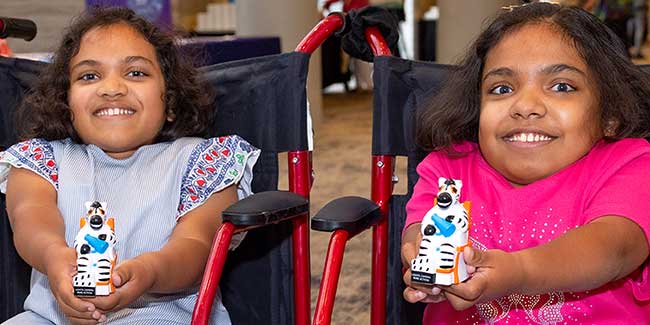The information provided on this page is for informational purposes only. The National Organization for Rare Disorders (NORD) does not endorse the information presented. The content has been gathered in partnership with the MONDO Disease Ontology. Please consult with a healthcare professional for medical advice and treatment.
PrintA rare subtype of renal cell carcinoma, arising from the renal tubular epithelium and showing a papillary growth pattern, which typically manifests with hematuria, flank pain, palpable abdominal mass or nonspecific symptoms, such as fatigue, weight loss or fever. Symptoms related to metastatic spread, such as bone pain or persistent cough, are frequently associated since early diagnosis is not common. It is typically multifocal, bilateral, and in most cases sporadic, although different hereditary syndromes, such as Hereditary leiomyoma renal cell carcinoma, Birt-Hogg-DubC) syndrome and Tuberous sclerosis, may predispose to the development of papillary renal cell carcinoma.
The Genetic and Rare Diseases Information Center (GARD) has information and resources for patients, caregivers, and families that may be helpful before and after diagnosis of this condition. GARD is a program of the National Center for Advancing Translational Sciences (NCATS), part of the National Institutes of Health (NIH).
View reportOrphanet has a summary about this condition that may include information on the diagnosis, care, and treatment as well as other resources. Some of the information and resources are available in languages other than English. The summary may include medical terms, so we encourage you to share and discuss this information with your doctor. Orphanet is the French National Institute for Health and Medical Research and the Health Programme of the European Union.
View report
One in 10 Americans lives with rare disease, many of whom fight a daily battle to access the care and support they need. Your gift to the National Organization for Rare Disorders (NORD®) funds life-changing programs and helps us advance policies and research to ensure that everyone gets the care they need AND deserve.
